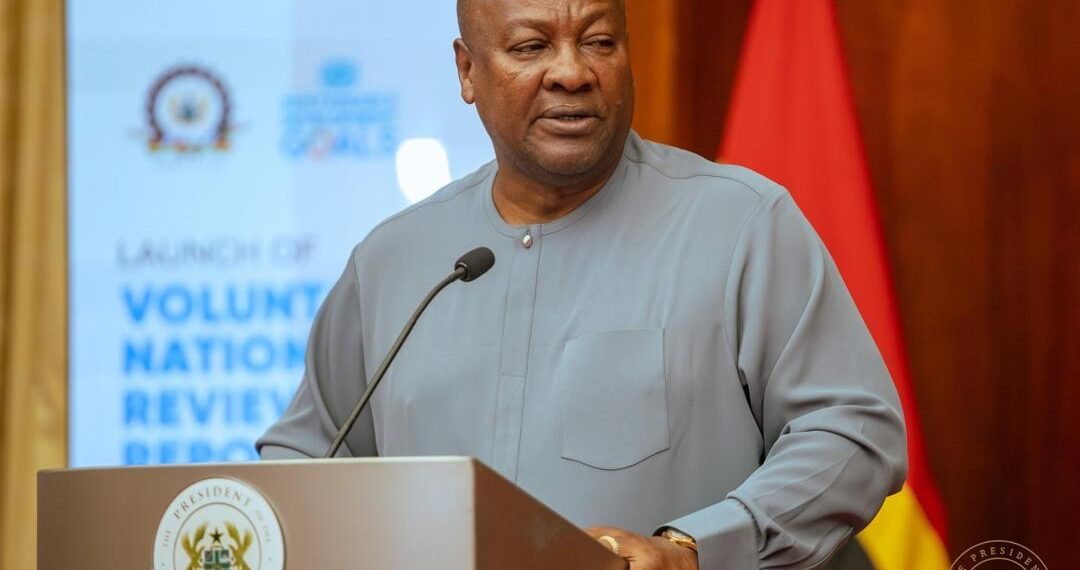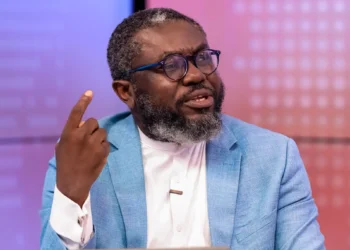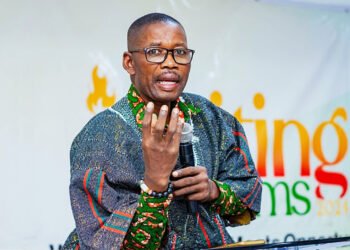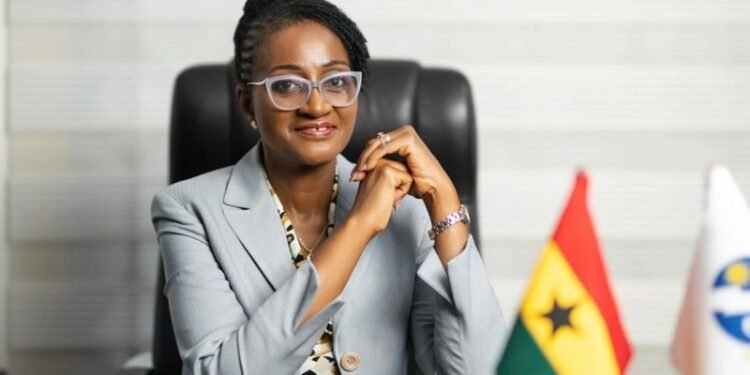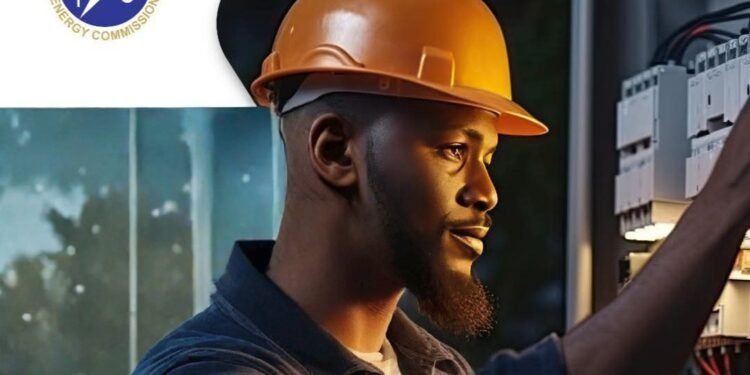President John Dramani Mahama has cautioned that democracy cannot endure unless it delivers opportunities and prosperity for the people, stressing that young Africans are increasingly losing faith in democratic governance due to corruption, mismanagement, and a lack of accountability.
Speaking at the Accra International Conference Centre during the Democracy Dialogue 2025, held under the theme “Why Democracies Fail”, President Mahama delivered preliminary remarks that traced Ghana’s democratic journey, reflected on Africa’s historical struggles, and called for a reset in the practice of democracy to restore public trust.
As a student of history, President Mahama began by recounting Africa’s liberation era and Ghana’s pioneering role in it. He recalled how Ghana under Dr. Kwame Nkrumah became the launchpad of the continent’s liberation movements, hosting figures like Kenneth Kaunda and Robert Mugabe, who even carried Ghanaian diplomatic passports to shield them from harassment.
“There was excitement that if we came under self-rule and we governed ourselves, prosperity will naturally come”.
President John Dramani Mahama
However, he noted that Ghana, while a pioneer, also became one of the first to lose its democratic gains when Nkrumah was overthrown in a coup in 1966, a trend that spread across Africa. From then on, Ghana, like many of its neighbors, became entangled in cycles of military interventions and short-lived constitutional governments.
President Mahama traced Ghana’s political history through the National Liberation Council (NLC), the Busia administration, the National Redemption Council, the Supreme Military Councils, the Limann government of the Third Republic, and the subsequent coups and military regimes that followed.
“After a long period under military rule, we came to a consensus, and it was like the Arab Spring for Africa, where we decided that we had had enough of military dictatorship, and that the people would be better served by democratic and constitutional governance”.
President John Dramani Mahama
Democracy Return with Excitment
He noted that the return to democracy in the 1990s came with great excitement, with Ghana adopting its Fourth Republic in 1992 and Jerry John Rawlings becoming the first president under the new constitution.
Since then, he said, Ghana has witnessed a peaceful rotation of power between the National Democratic Congress (NDC) and the New Patriotic Party (NPP). Despite this progress, President Mahama raised concerns about the fragility of democracy, citing an incident at his own inauguration in 2025.
“If you were not on the Black Star Square, and we had locked you in a room, and you could hear the announcement of the acknowledgement of the presidents who were coming up to greet me, you’d have noticed that the loudest applause was for the countries that have overthrown democracy and are under military dictatorship.
“That should give us a pause for thought. That should make us think. And that should make us ask ourselves questions about why democracies die”.
President John Dramani Mahama
He emphasized that while democracy guarantees rights and freedoms, it does not automatically translate into opportunity and prosperity unless leaders adhere to certain principles.
Quoting Omar Ture, he remarked: “Whatever system of government you have—autocracy, democracy, theocracy—if it does not deliver opportunities and prosperity to the people, it will not survive.”
Worrying Trend
President Mahama expressed worry over recent surveys, including the Afrobarometer, which revealed that many young Africans are increasingly open to the idea of military governments.
“It was frightening to notice that a lot of our young people said they would prefer to live under a military government. And so that should give us pause for thought. And that is why I said that we need a reset of our democracy. We need a reset of our economy. We need a reset of our governance”.
President John Dramani Mahama
He further underscored the importance of accountability in sustaining democratic legitimacy. “We need to make our governance accountable. And that’s why I say anybody who wants to serve in public office must be prepared to account to the people. The people are tired of the corruption. They are tired of misgovernance. They are tired of the lack of opportunity,” he said.
According to President Mahama, leaders who believe in democracy must engage in constant reflection and reform to ensure that the system works for the people, especially the youth, who are the future of democratic governance.
“For those of us who believe in democracy, we must continue to take advantage of dialogues like this to see what is wrong with our implementation of democracy so that we can make a reset that makes the youth continue to have faith in democratic governance and not romanticize unconstitutional governments”.
President John Dramani Mahama
New Media as a Challenge
Turning his attention to the media, the President observed that the rise of new media platforms has disrupted traditional channels of communication and poses fresh challenges to democratic consolidation.
“We don’t have traditional TV and radio as the main source of information now. Anybody puts a camera in front of his face and make a commentary on anything. And so there again, how do we accommodate the new media in democratic consolidation?”.
President John Dramani Mahama
He suggested that future Democracy Dialogue platforms could explore the role of new media in shaping public opinion and its impact on sustaining democracy.
In his closing remarks, President Mahama stressed that democracy will not survive on its own, but only through the deliberate efforts of leaders and citizens to make it deliver on its promises. “Democracy will not survive by itself if we don’t work for it,” he concluded.
The Democracy Dialogue 2025 brought together political leaders, scholars, civil society actors, and students to reflect on the state of democracy in Ghana and Africa and explore ways to strengthen democratic governance.
READ ALSO: Ghana Set for 35% Renewable Energy Integration by Year-End

